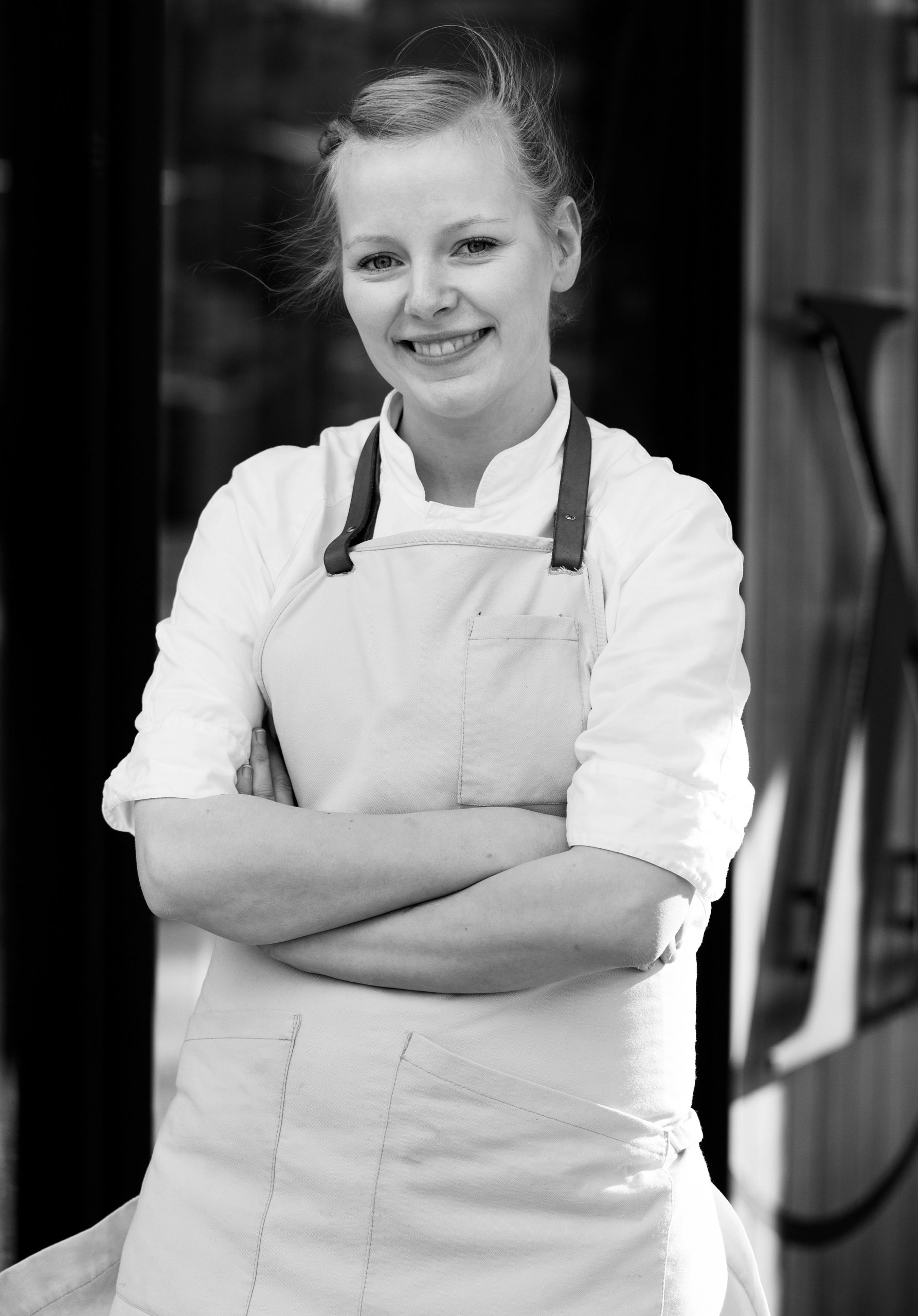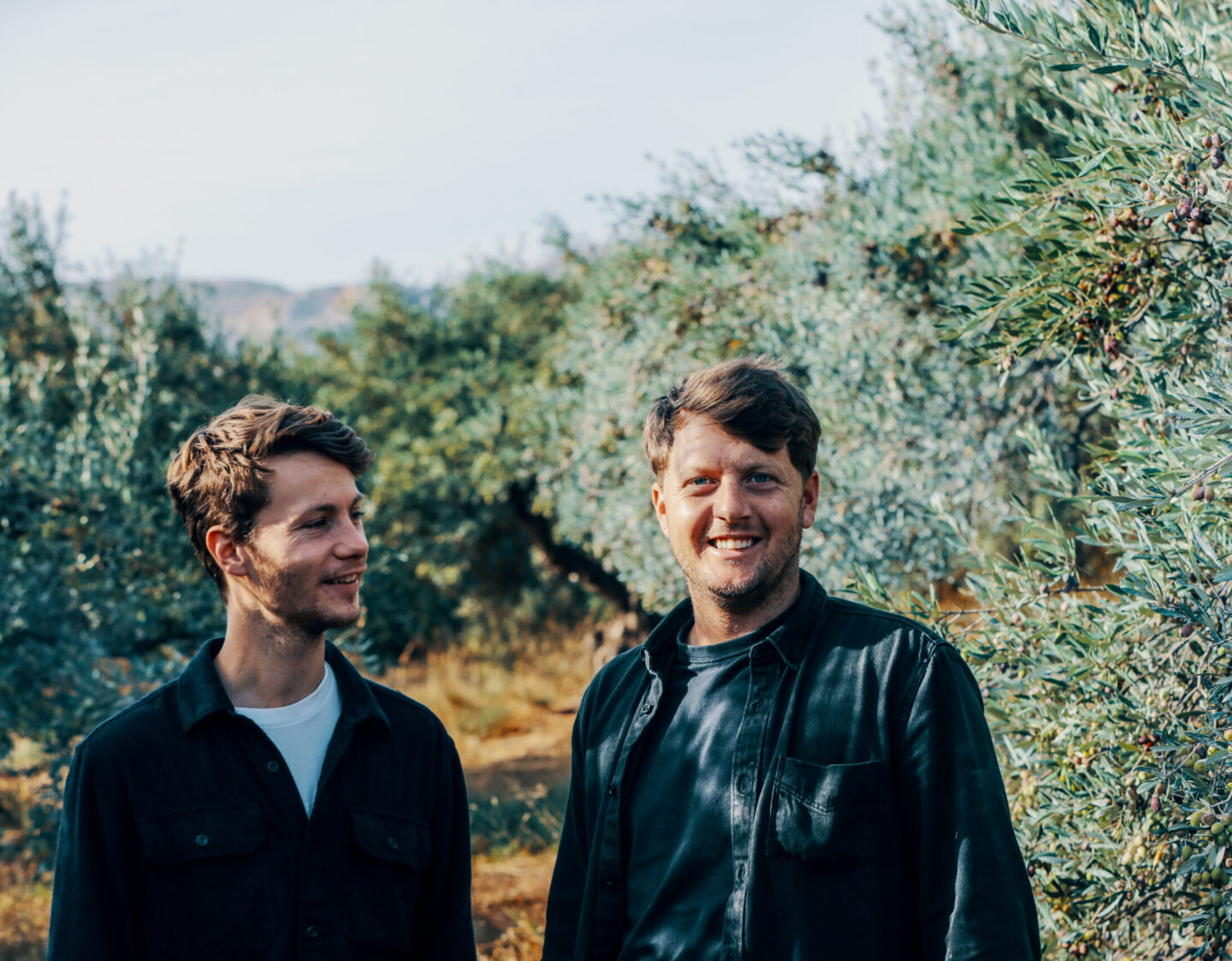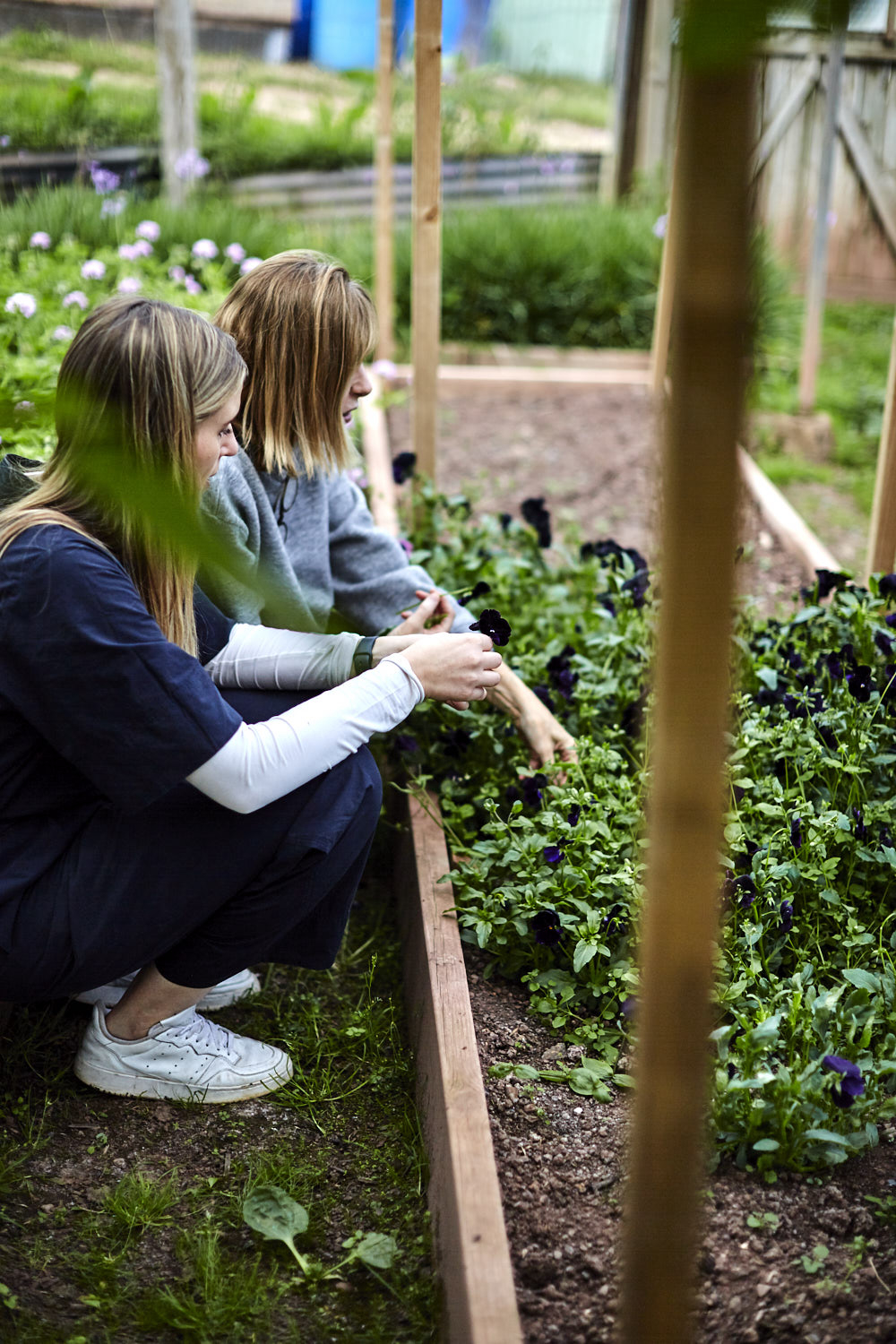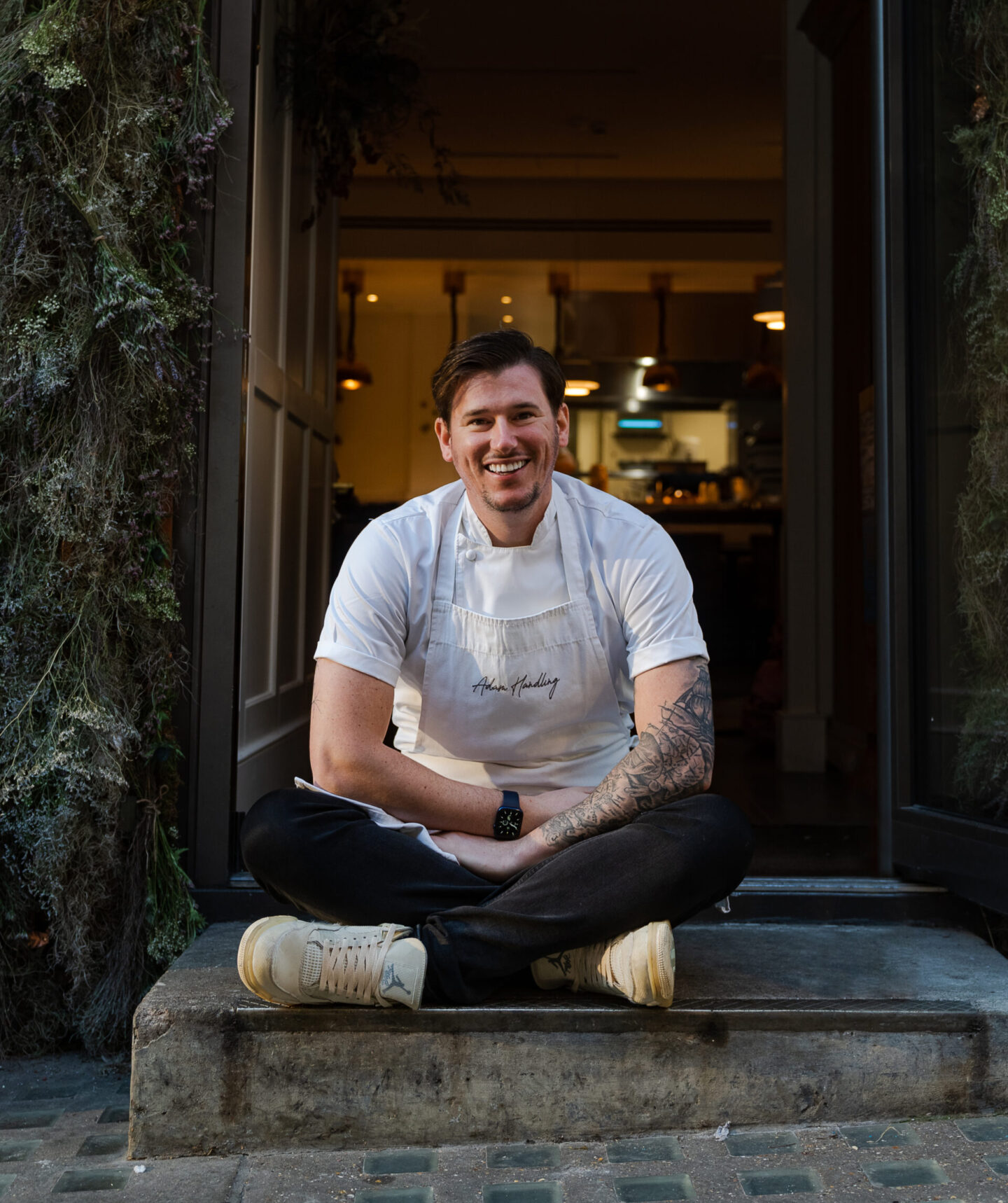Interview: Sonja Kristensen, 360°Young Chef nominee

Photo: Lars Petter Pettersen
What’s your story? When did you start out as a chef?
I grew up on a small farm in a small village in Nordland, surrounded by forest and next to a fantastic fishing lake. With a father who was a hunter and farmer, my upbringing was marked by slaughtering, pickling, and preserving ingredients. You often found me sitting on the kitchen counter, watching mom make classic home cooking. The curiosity became greater when we went on a study visit in junior high school to the cooking program. From that day on, there was never any doubt about which direction I would go.
After the completion of an apprenticeship period of 2 years at the restaurant Eik Annen Etage, my journey continued to England. After doing a bit of research on various restaurants, I fell in love with the Fat Duck and Heston Blumenthal’s experimental cuisine. After watching just about every one of his videos on YouTube, I submitted an application for placement. Never in my wildest dreams did I think that a 20-year-old village girl right off her apprenticeship would get a permanent job at a three-starred Michelin restaurant. I quickly learned: “If you do not ask, you will not get it,” and four months became four years as Chef de Partie.
One of the highlights was when all the employees gathered for a video conference with Heston Blumenthal himself, where he said that on the occasion of the restaurant’s 20th anniversary, they were to completely renovate the kitchen. In connection with the renovation, it was decided that the whole team would be flown to Melbourne to start a temporary The Fat Duck, where we would run a jubilee menu with the restaurant’s very best dishes of all time.
It was four educational years filled with incredible experiences, as well as knowledgeable and talented people. I am left with memories of dishes like snail porridge and the sound of the sea. We made white chocolate crabs with caviar and mussel soup flavored with pancetta. There was a forest dish with truffles, beets, and fried worms with dry mist that smelled of moss and wet wood. And, not least, flying pillows and a dancing candy trolley with edible playing cards and beef chocolate.
After many years and many hours of work, it was time to return home to Norway.
What’s your role at restaurant Kontrast today?
When I started at Kontrast as a sous chef 4 years ago, it was a bit of a reversal. With a completely new concept, a new way of thinking, and, not least of all, a leadership position, the challenge was great. Mikael Svensson has an enormous focus on being sustainable, supporting organic farmers from the local area, and nothing going in the trash if it can be used. There are not many restaurants that go out to visit the farms they work with, greet the animals, and then buy the whole slaughter. When you can present the pig on the plate as Flekken from Korsvold farm, it gives a message about a life filled with love from the farmer.
It has now been four years since I started at Kontrast and a little over a year since I got the position as an assistant chef. I work closely with Mikael and the rest of the team to develop a menu of seasonal ingredients. An important part is also to preserve all the ingredients we can until winter comes when the supply of Norwegian organic products is at a minimum. Many of the spring, summer, and fall days are spent out in the woods and fields harvesting what is available from edible plants. The list is long, but I can mention, for example, flowers, spruce shoots, cones, bark, mead, and rosehips.
Tell us about your focus and mission as a chef.
Mikael and I share the same focus on a sustainable operation, which makes it easy to work together. The thinking has gone a bit away from flying pillows and edible gold watches and more towards how we can showcase the fantastic Norwegian ingredients in the best possible way, as well as show support for organic farmers. Of course, the playful Fat Duck style is still present and emerges a bit in a new way, including bone marrow ice cream with strawberries and raspberry granita. Here at Kontrast, it is more about fermentation, preservation, and self-produced vinegar, as well as maintenance of the garden we have on the roof terrace. It’s absolutely amazing what flavors you can bring out in carrot pulp from the juice, stale bread, or stalks of herbs that you do not need then and there.
Tell us, when it comes to sustainable considerations, how you want to work as a chef.
The goal going forward is to continue to focus on local produce and maintain close collaboration with suppliers and organic farmers. My personal wish is to help make the Norwegian population aware of their shopping habits and influence them to become more quality-conscious and show more support for Norwegian farmers.


